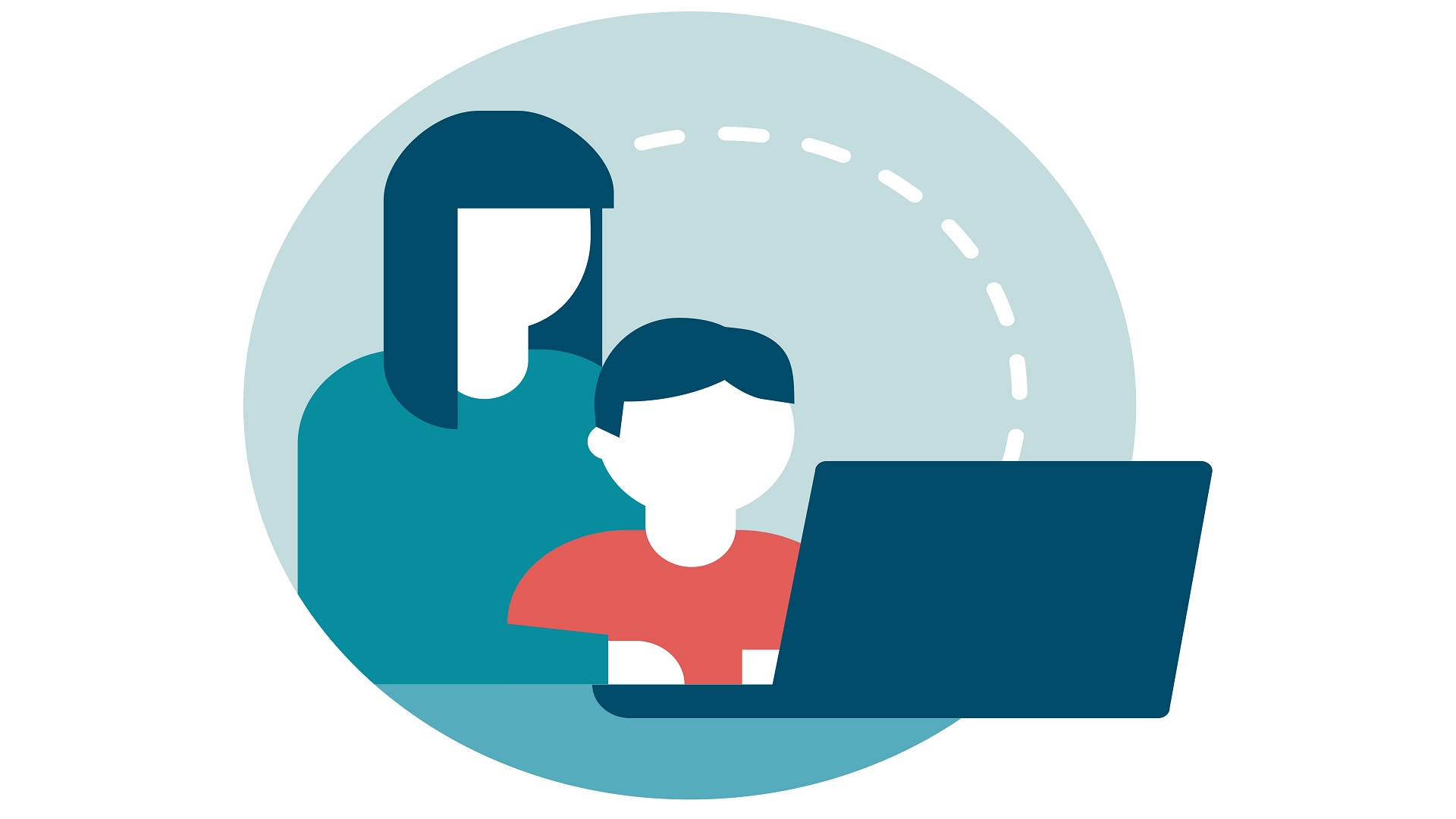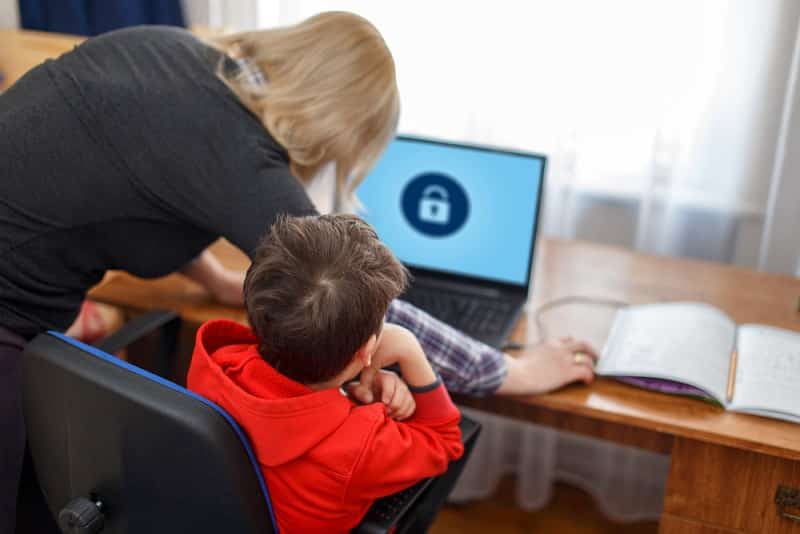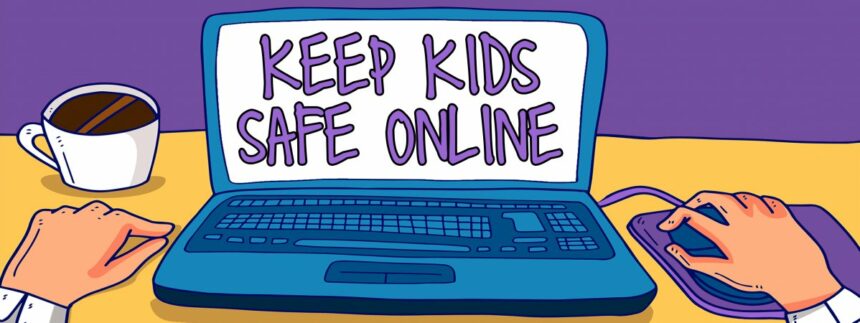The internet, a vast and valuable resource, offers children opportunities to research school reports, communicate with teachers and peers, and engage in interactive games. However, alongside its benefits, online access comes with inherent risks such as inappropriate content, cyberbullying, and the potential threat of online predators.

Understanding the risks
Social media apps and websites, where kids often interact, can be a breeding ground for predators who may pose as children or teens to befriend unsuspecting kids. These predators might coax children into sharing personal information, including their address and phone number, or encourage them to make phone calls, exploiting caller ID.
Parental vigilance
To mitigate these risks, parents must be actively involved in their children’s online activities. It is crucial to be aware of what children see and hear online, whom they interact with, and what information they share about themselves. Open communication is key, to fostering an environment where children feel comfortable discussing their online experiences.
Legal safeguards
Federal laws, such as the Children’s Online Privacy Protection Act (COPPA), play a pivotal role in safeguarding children under 13 online. COPPA mandates that websites obtain parental consent before collecting personal information from children. This includes details like names, addresses, phone numbers, or Social Security numbers. The law also prohibits sites from requesting excessive personal information for activities like playing games or entering contests.

Utilizing online protection tools
Beyond legal safeguards, parents can employ online protection tools to control their kids’ access to adult material and protect them from potential online predators. Many Internet service providers (ISPs) offer parental control options, and various software solutions can block access to inappropriate sites and restrict the sharing of personal information online. Additionally, monitoring and tracking tools can help parents stay informed about their children’s online activities.
Teaching responsible online behaviour
More critical than merely blocking objectionable material is teaching children safe and responsible online behaviour. Establishing family rules and guidelines, such as never posting personal pictures, refraining from revealing personal information, and using screen names instead of real names, are crucial components. Children should be instructed never to agree to meet anyone from online platforms without parental approval and supervision and to report any threatening or hurtful online interactions to a trusted adult.
Parental supervision guidelines
Parents should spend time online with their children to teach appropriate online behaviour. Placing computers in common areas, monitoring smartphone or tablet use, bookmarking kids’ favourite sites, and checking credit card and phone bills for unfamiliar charges are practical measures to supervise online activities effectively.

Addressing concerns and reporting
Parents should take any reports of uncomfortable online exchanges seriously. If aware of the sending, use, or viewing of child pornography online, contacting the National Center for Missing and Exploited Children’s CyberTipline at (800) 843-5678 or reporting online is crucial for initiating investigations. Local law enforcement or the FBI should be contacted if a child has received inappropriate content via the internet.
Warning signs of online predation
Parents must be vigilant for warning signs that a child may be targeted by an online predator. These signs include spending excessive time online, especially at night, receiving calls or gifts from unknown individuals, sudden device shutdowns upon parental entry, and withdrawal from family life.
Transitioning to teenagers
As children grow older, the dynamics of monitoring their online activities become more complex. Teens may carry smartphones, seeking privacy as they gain independence. It is vital to maintain open communication, discussing the sites and apps they use, the potential dangers of interacting with strangers online, and emphasizing the importance of password protection to guard against identity theft.

Active parental involvement
Taking an active role in teens’ online activities remains crucial to ensuring they benefit from the internet while minimizing exposure to potential dangers. By staying informed, and engaged, and fostering open communication, parents can empower their children to navigate the digital landscape responsibly and enjoy the benefits of the internet safely.







